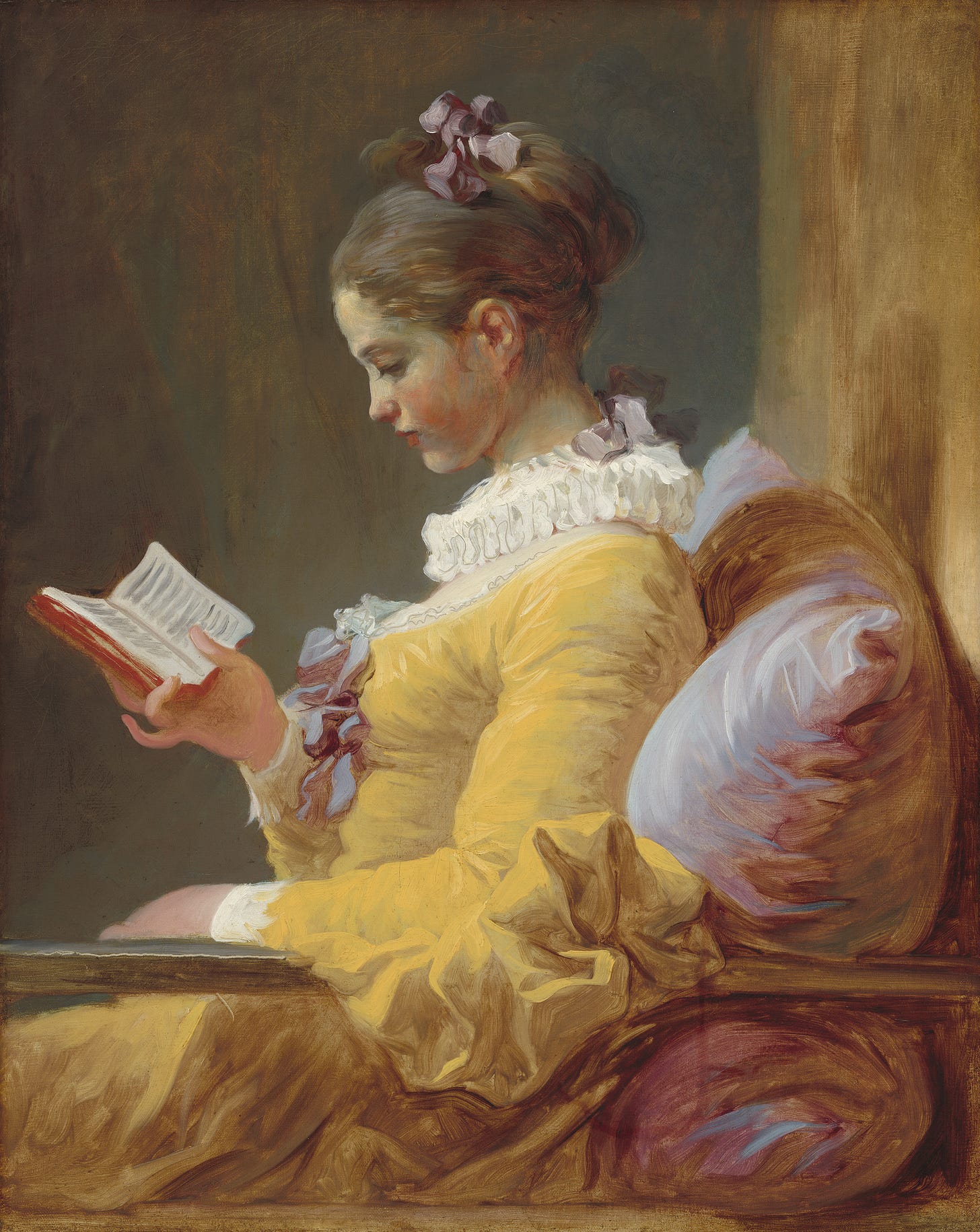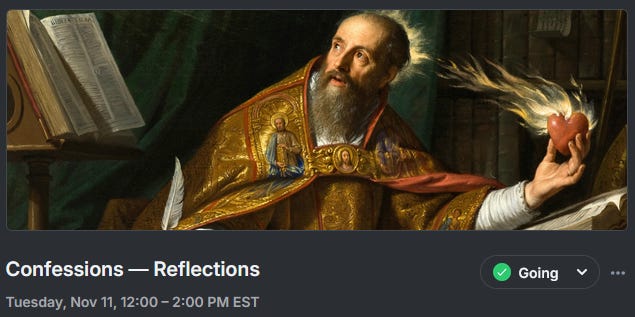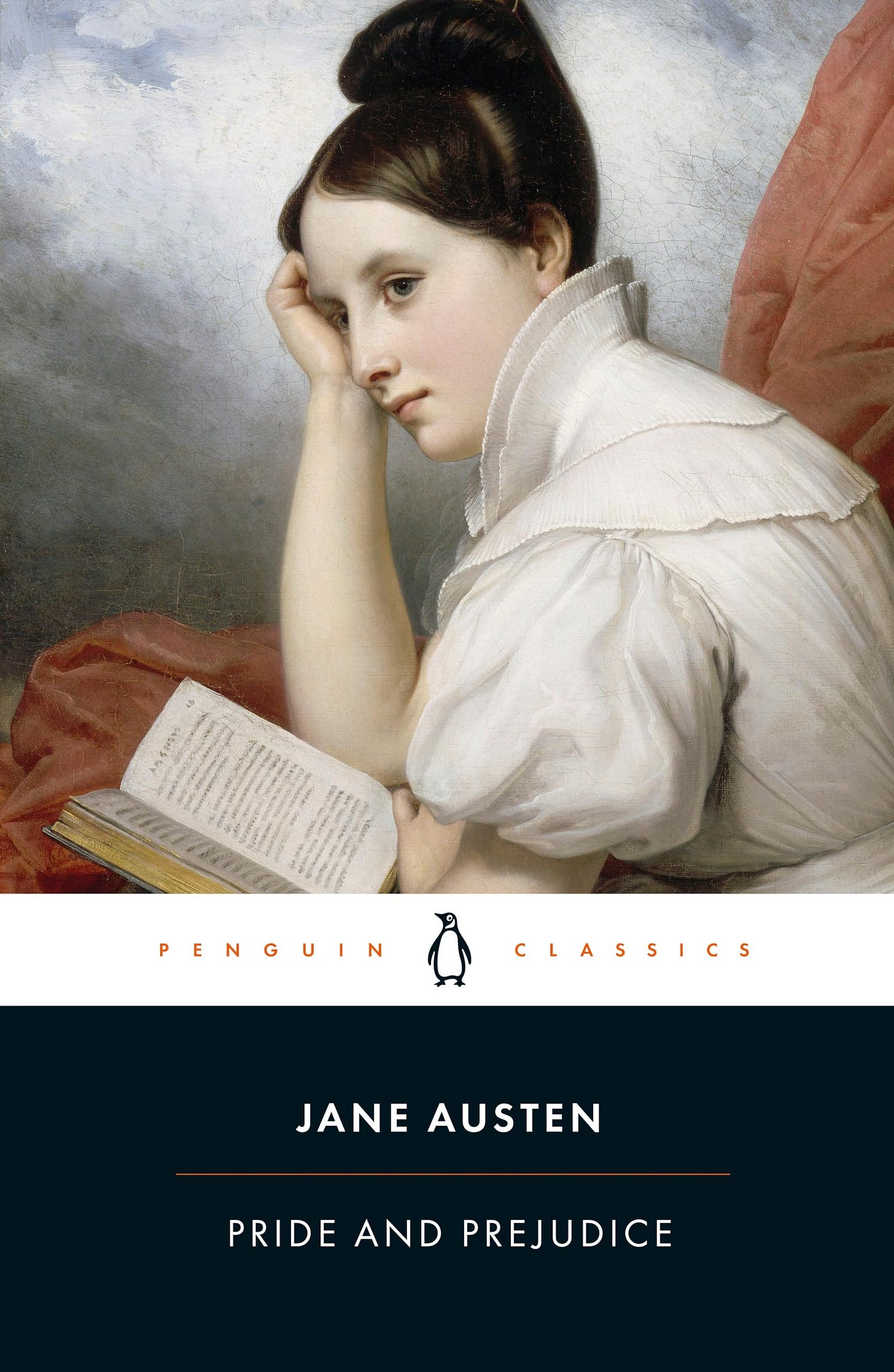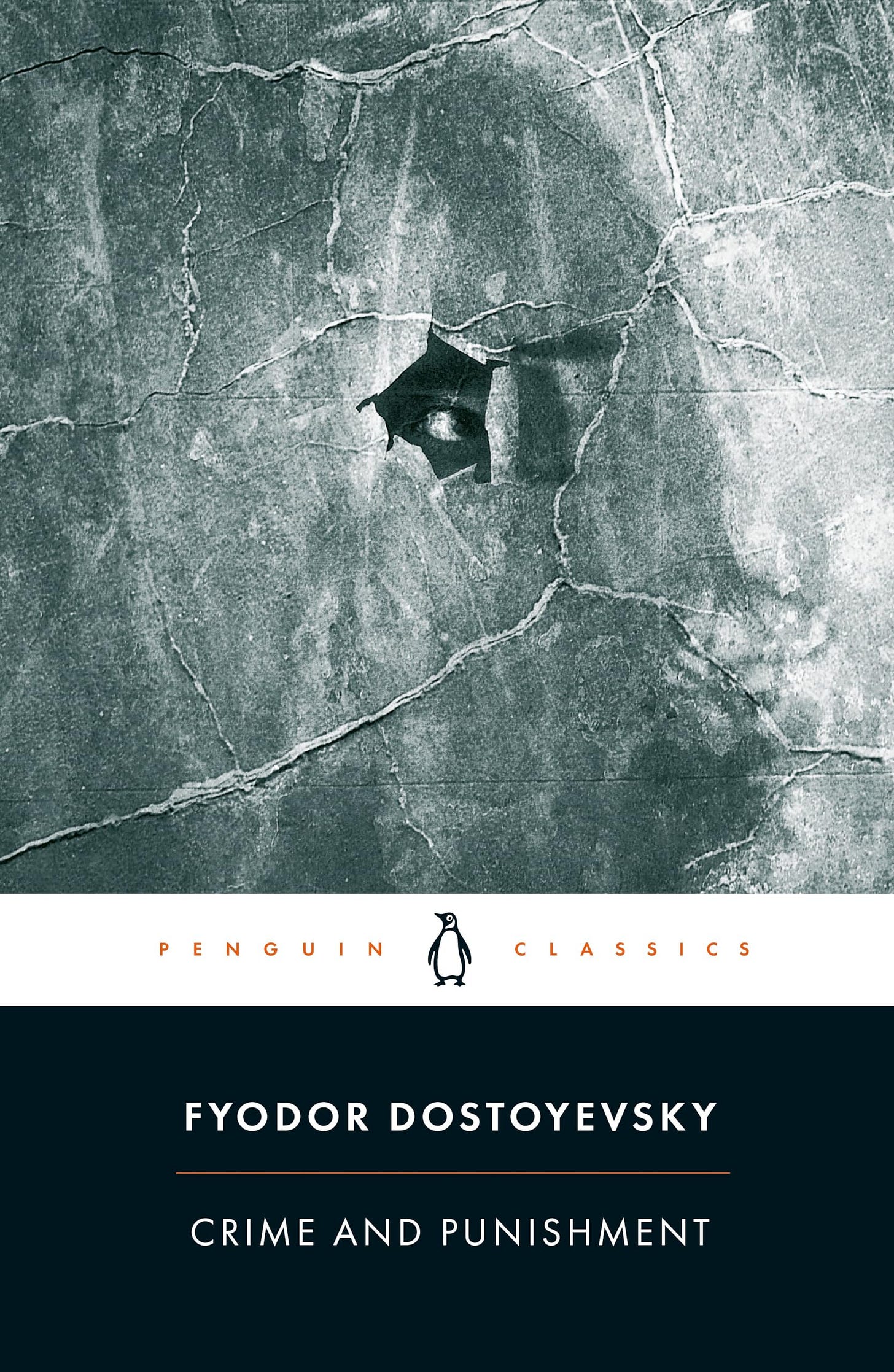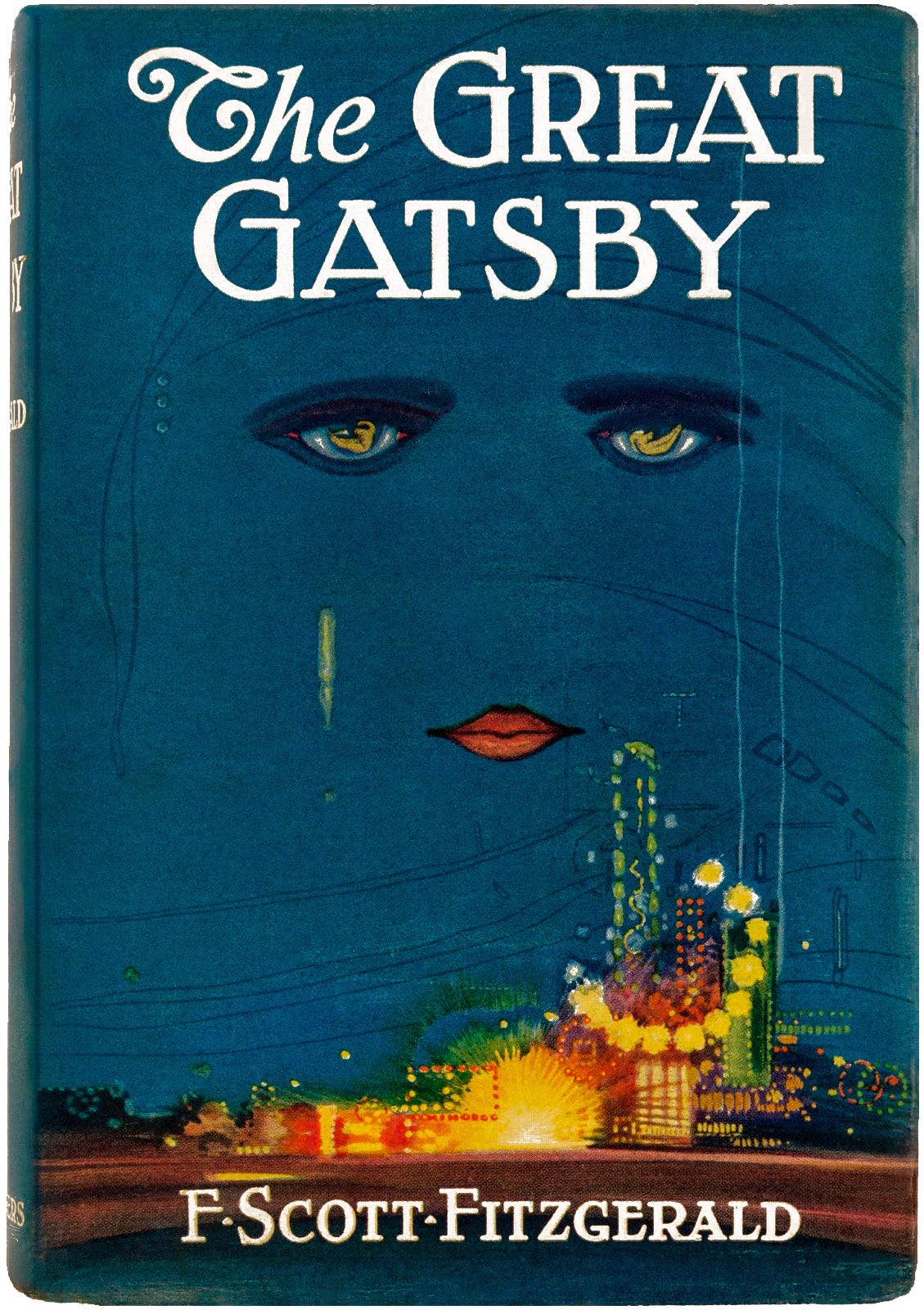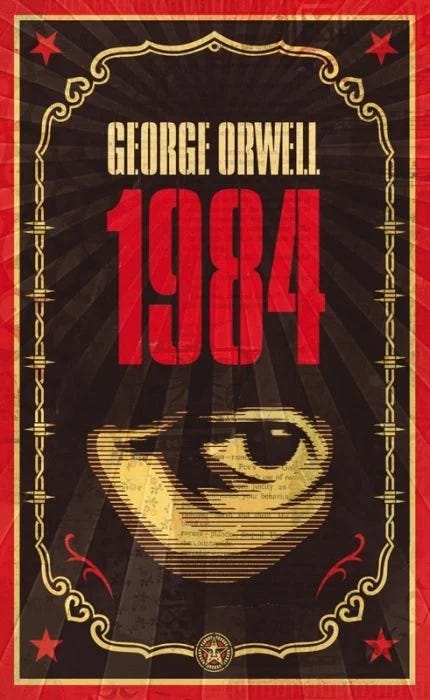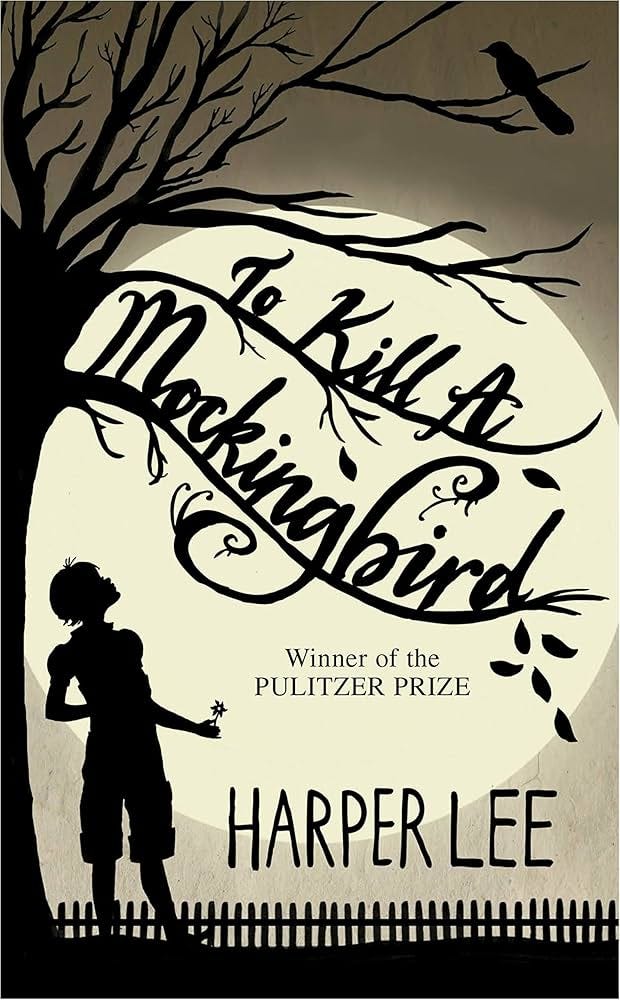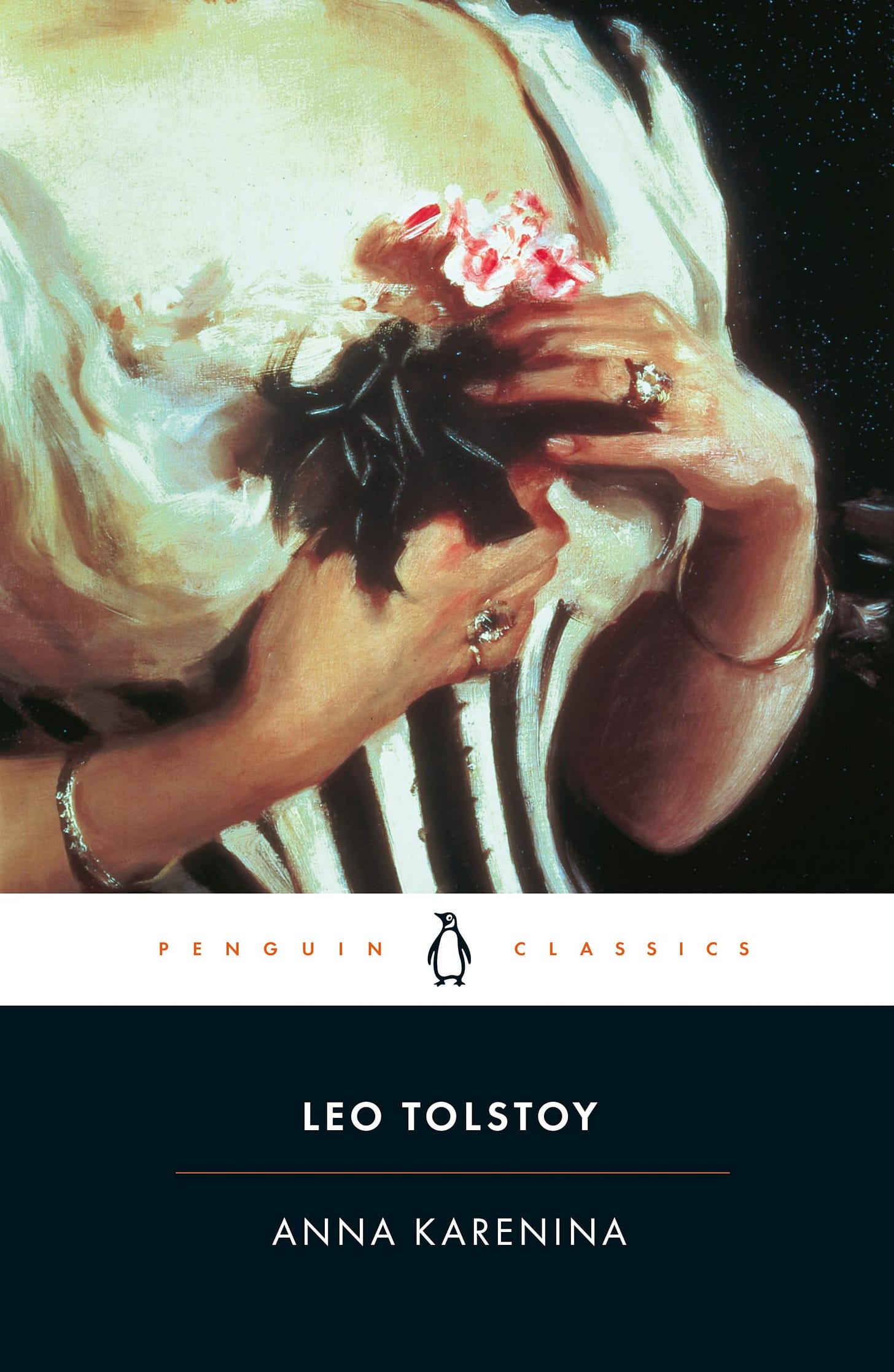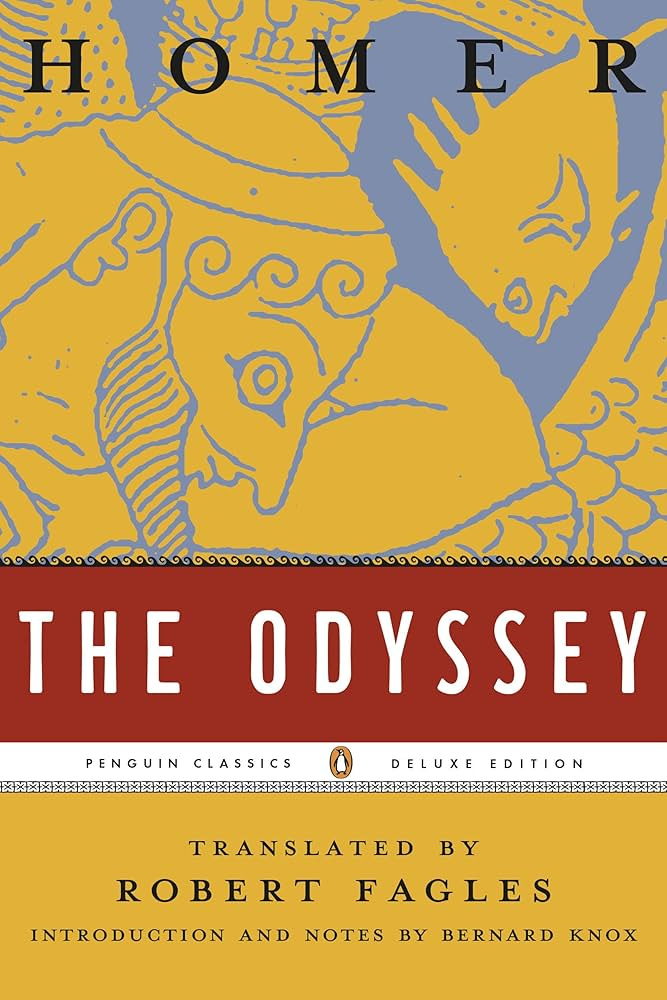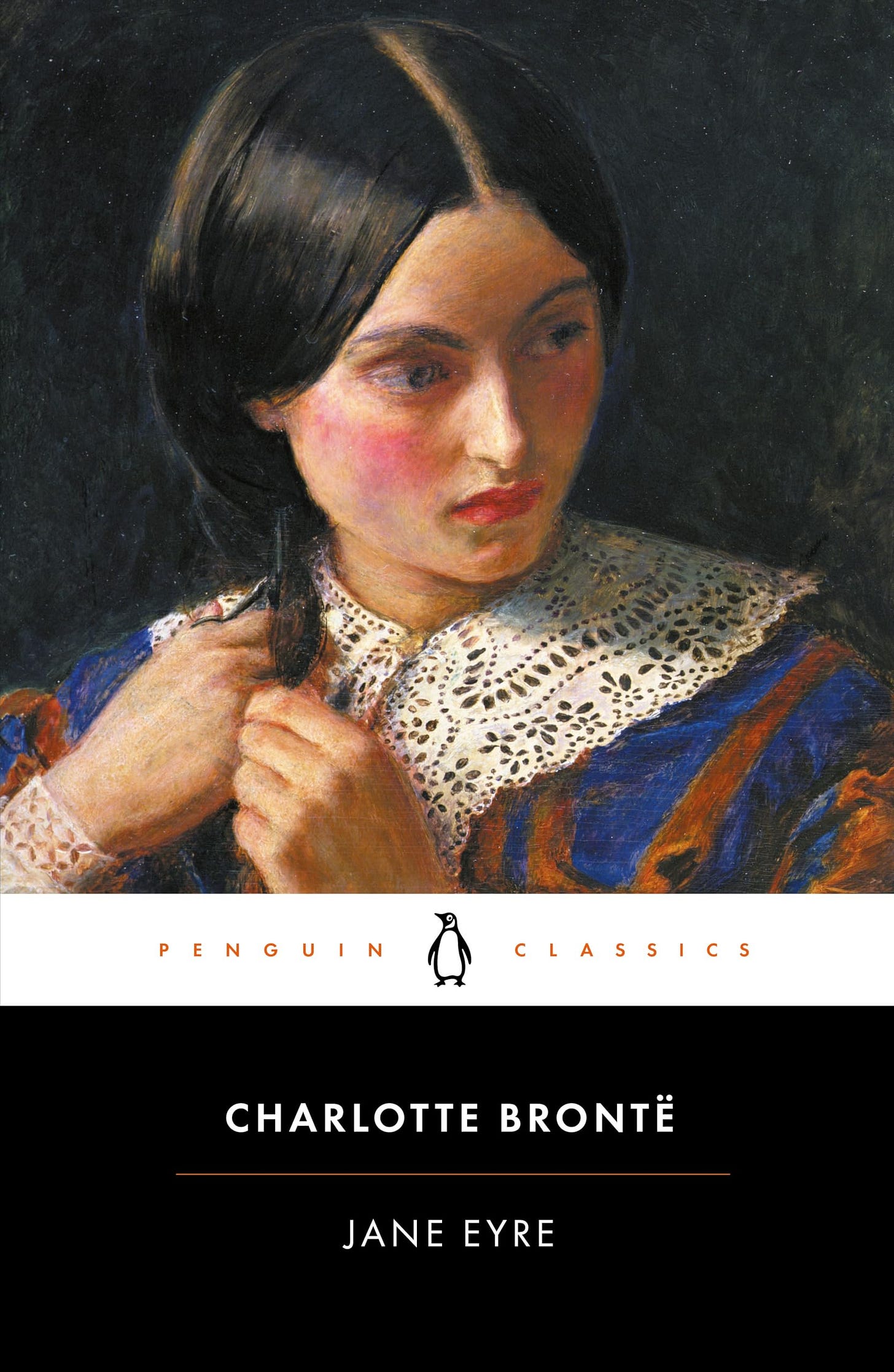15 Classic Books to Read in Your 20s
People talk about your 20s as if they’re a blur of freedom, mistakes, and discovery. They’re partly right. It’s the time when you start building a mind of your own. The problem is that most of what the world gives you… news, social media, opinions… is built to distract, not to deepen. You end up informed about everything and wise about nothing. The best antidote I’ve found is the old books. The ones that outlived their authors and still feel alive when you open them.
Reading the classics early doesn’t just make you smarter. It stretches your emotional range. It teaches you how people think, how they fail, how they change. They slow you down long enough to notice what’s real. You begin to see patterns: how pride ruins love, how ambition distorts dreams, how courage can exist quietly. These books aren’t relics. They’re field manuals for the mind.
When you read them young, they work on you. You see yourself in the characters before you’ve fully become one. You learn from their mistakes instead of only your own. And by the time life gets harder… and it always does… you’ll already have a vocabulary for what you feel.
Here are fifteen classic books worth reading in your 20s…
Don’t forget to join our FREE book club!
We started a digital book club to study the great texts of Western Civilization — from Dante to Dostoevsky — together. Inside, you’ll get:
Live community book discussions (bi-weekly)
New, deep-dive literature essays every week
The entire archive of book reviews + our 100 great texts reading list
Our next discussion on Confessions by Saint Augustine is on November 11th at 12pm ET. Bring your thoughts, questions, and favorite passages!
Sign up below to attend — all paid members can join the live discussion up on stage…
Note: paid subscribers via Substack will automatically receive an access link for the live calls.
1. Pride and Prejudice by Jane Austen
At some point, you realize that judgment is easy but understanding is rare. Jane Austen knew that before most of us ever will. Pride and Prejudice isn’t just about romance; it’s about the limits of perception. You meet Elizabeth Bennet, proud but intelligent, and Mr. Darcy, reserved but decent, and you see how both are trapped by the images they have of each other.
The story unfolds like a slow dismantling of ego. When you’re young, you think your impressions are accurate, your instincts infallible. Then you read Austen and see how mistaken that is. What she teaches, through dialogue and wit, is humility. People are deeper than your first reading of them. Appearances deceive. And love, in the end, is an act of seeing clearly. Few books teach you more about how to think and feel at the same time.
2. Crime and Punishment by Fyodor Dostoyevsky
There comes a time when you have to face your own rationalizations. Raskolnikov believes he can commit murder because he’s exceptional. He thinks morality is for the herd, not the individual genius. Dostoyevsky builds a psychological world so intense that it traps you inside his head. You feel the fever, the guilt, the slow collapse of intellect into conscience.
The novel isn’t really about crime or punishment, but about self-deception. Every person justifies something. Every person lives with a story that excuses their worst act. Reading this book early makes you watch your own mind more carefully. It makes you notice how easily ideas can distort reality. It’s not a comfortable book, but it’s one that leaves you better. It warns you that moral clarity, not cleverness, is what saves a person.
3. The Great Gatsby by F. Scott Fitzgerald
The world seduces you with beauty. Gatsby falls for it completely. He builds his life around the illusion of Daisy, around a green light at the end of a dock. Fitzgerald writes like a poet who has seen too much. The surface glitters: parties, cars, money, youth. Underneath is emptiness. Gatsby’s tragedy is that he mistakes the symbol for the thing itself.
He chases wealth to reclaim love, not realizing he’s already lost it. If you read this book when you still think success will complete you, it will sting. You’ll see how dreams become prisons when they aren’t examined. The lesson isn’t to stop dreaming, but to notice what you’re dreaming of. The Great Gatsby whispers that it’s not enough to reach the dream if it’s built on illusion.
4. 1984 by George Orwell
Power doesn’t always announce itself. Sometimes it works quietly, through language and habit. Orwell saw that clearly. 1984 is terrifying not because of its violence, but because of its control over truth. The state rewrites reality, and people adapt. They believe lies because it’s easier than resisting. The book feels like a mirror turned on society, and on you.
You start to see how manipulation happens in small ways. How people surrender thought for safety. It teaches you to watch words carefully, to notice when meaning is bent to fit agendas. Reading it while you still believe everything you’re told gives you an advantage. It builds a small firewall in your mind. And that’s what you need if you want to stay free, even in a world that prefers you compliant.
5. To Kill a Mockingbird by Harper Lee
Justice looks simple until you try to practice it. Harper Lee’s story of Atticus Finch and his children is gentle on the surface, but morally fierce underneath. It’s about doing what’s right when the town around you disagrees. Through the eyes of Scout, you see innocence encounter evil, and watch how courage means acting without applause. The world will always tell you that compromise is smart, that morality is relative.
This book says otherwise. It tells you that goodness matters, even when it fails. Atticus stands alone because he has to, because conscience is private work. Reading this when you’re still forming your own standards helps you decide what kind of person you want to be when it costs something. Few novels make decency look as noble, or as hard.
6. Anna Karenina by Leo Tolstoy
Love rarely destroys by accident. It unravels because of pride, vanity, illusion, or hunger for freedom. Tolstoy captures all of that. Anna Karenina’s tragedy isn’t just infidelity… it’s the inability to live truthfully in a false society. Her story runs beside that of Levin, who searches for meaning through work and faith. Together, they form a study in how people seek fulfillment.
One through passion, the other through purpose. Most readers recognize themselves in both. The beauty of Tolstoy is that he never preaches; he just observes until you understand. He reminds you that happiness requires honesty, and that the hardest honesty is with yourself. The novel teaches patience, compassion, and restraint… the virtues that make love possible instead of destructive.
7. The Odyssey by Homer
Every journey outward is also a journey home. Odysseus leaves Ithaca as a warrior and spends years trying to return as a man. The Odyssey is about endurance, temptation, and memory. It’s about the long process of becoming who you were meant to be. In your early years, you often drift, trying to prove something or find something.
Homer’s poem makes you realize that the journey itself is the proof. Odysseus faces monsters, storms, and detours, but his real struggle is within: to stay true to the purpose that began it all. Reading it when life still feels like open sea gives you perspective. It tells you not to fear wandering, as long as you don’t forget where home is.
8. Jane Eyre by Charlotte Brontë
The quietest characters often have the strongest souls. Jane Eyre grows up unloved and poor, yet she builds a moral spine that nothing can break. Her story is one of integrity, the refusal to betray oneself for comfort or approval. When she falls in love with Mr. Rochester and discovers his secret, she chooses dignity over passion. That moment defines her.
The lesson isn’t to be cold or moralistic, but to value your conscience more than your circumstance. For anyone learning to live independently, Jane is a model of self-respect. Her voice is plain, her convictions are steady, and by the end, you understand that strength can exist without noise. This book teaches that freedom is not rebellion but self-command.



